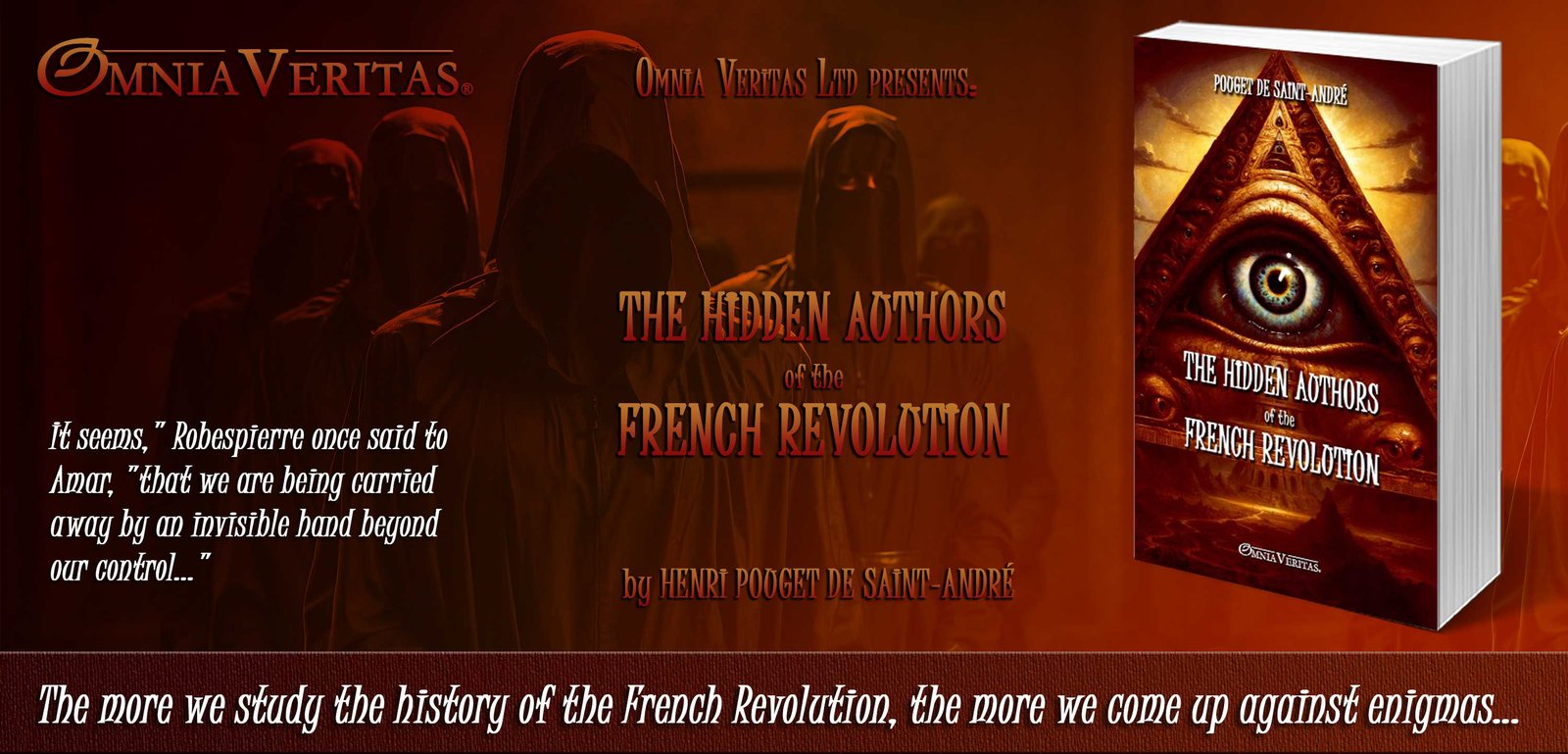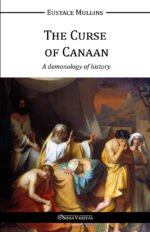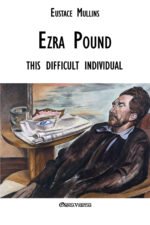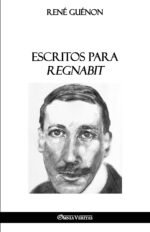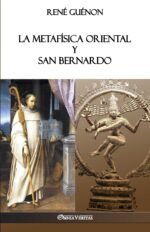“It seems,” Robespierre once said to Amar, “that we are being carried away by an invisible hand beyond our control. Every day the Committee of Public Safety does what it decided the day before not to do. There is a faction led to lose it, without it being able to discover its directors.”
Was the aim of the Revolution the reform of abuses and the conquest of liberty? It should have stopped at the end of 1789. Was its aim a change of regime? It should have ended on 10 August. Why were the reforms that Louis XVI offered for nothing bought at the price of four billion and fifty thousand heads?
The Masonic action of 1789, ignored by so many historians, is not a recent discovery, since as early as 1792, Le Franc wrote: “All that we have seen executed by the clubs, had been prepared at length in the Masonic lodges.” These revelations were the cause of his death sentence.
Already, under Louis XV, the internationalist doctrines of Masonry were beginning to make themselves known; one is surprised to read the following sentence in a speech by the Grand Master in 1760: “The whole world is but one great republic, of which each nation is a family. It was to spread these essential maxims that our society was first established.”


